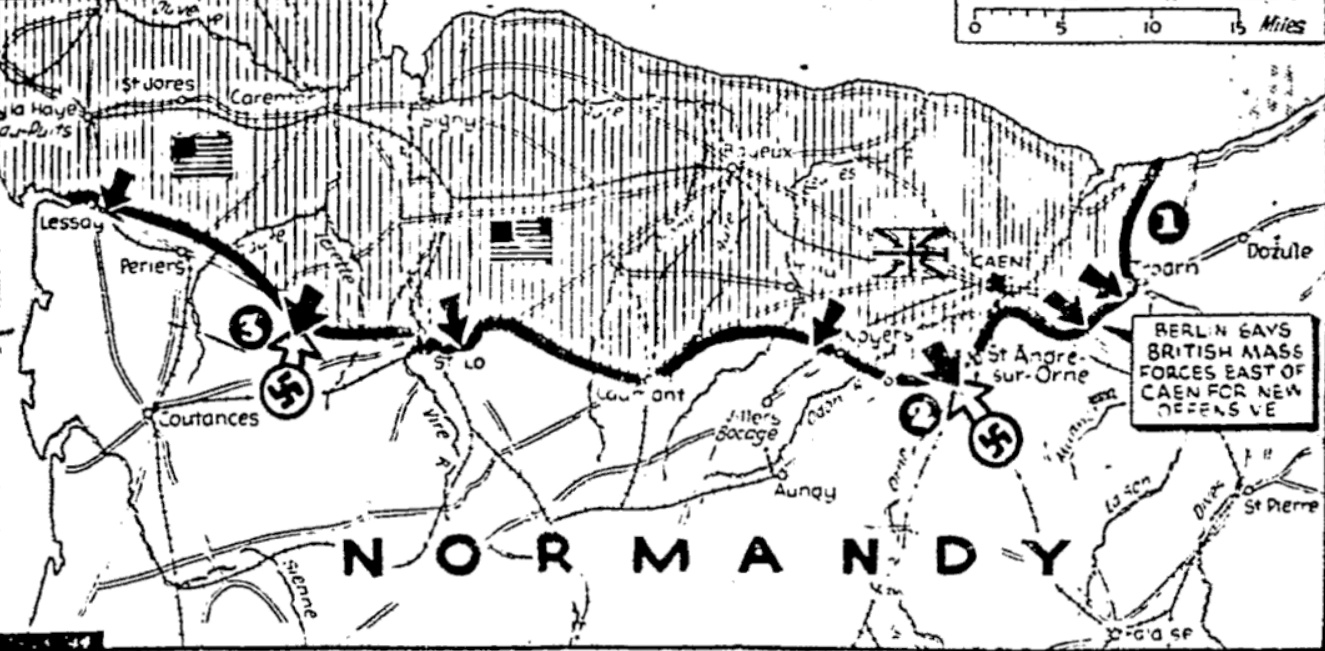

Pegler: Democratic Convention
By Westbrook Pegler
Chicago, Illinois –
The party of unity, tolerance and justice went primitive in the last sessions of the convention called to ratify Mr. Roosevelt’s prior acceptance of his fourth nomination.
The legions of those who would enforce brotherly love with the heavy end of a sawed-off pool cue found themselves mere plaything of passion in an ecstasy of the old party spirit. They wound it up in a magnificent exhibition of double-crossing and trimming merrily reminiscent of the long parliament of 1924 in which Tammany Hall packed the old Madison Square Garden and wooed the proud and sensitive Southern brethren with the strains of “Marching Through Georgia.” Hatred and suspicion were unconfined and half-a-dozen sulky aspirants for the vice-presidential nomination were walking around today asking old friends to be good enough to remove that dagger from between their shoulder blades and only half-confident that a trusted hand wouldn’t shove it in deeper.
The Democrats of the Southern tier and the urban bosses of the North were responsible for the first great political beating ever given the CIO and the American equivalent of the French Popular Front at the hands of the party which gave it being. This group, represented by Sidney Hillman as leader of a collection of Communist organizations and individuals, set up convention headquarters and boldly undertook to dictate the selection of Henry Wallace to succeed himself.
The South is afraid of the CIO because of its memorable violent insurrections in Michigan, Ohio and Pennsylvania which President Roosevelt condoned and Frank Murphy, now of the Supreme Court, tolerated as Governor of Michigan. The Southern politicians had noted Wallace’s expressed impatience with “Bill of Rights democracy” and his open fellowship with manipulators of the Communist conspiracy in the United States, all in the name of military unity with Russia although Russia had professed to disown them.
Reminder of gory riots of other years
And, in the actual convention, the picket-line methods of the direct actionists of the CIO were reproduced in subdued but disturbing version by the Wallace clique, obviously organized according to the radical or Communist system of intimidation.
Ed Kelly, the Mayor of Chicago and the one Democratic local machine boss who had slugged it out with the CIO Communists in a bloody riot and beaten them, was in technical command of the actual convention. He had the tickets, the ushers were his, and his police around Chicago should have been able to anticipate Hillman’s plans.
Nevertheless, the stooges who packed the hall on two occasions were not Kelly’s people but Wallace’s and Hillman’s. The sight of their big placards, mounted on sticks, was a reminder of gory riots of other years, when the CIO, under many of the same organizers, also carried placards which were quickly removed from the sticks which then became handy clubs.
Victory for old-time machines
Had Wallace been selected, the Communists truly could have claimed that they had named the man who would succeed to the Presidency in the event of President Roosevelt’s demise or retirement during a fourth term. True, the Political Action Committee supported the President, too. But there were in his adherence, so many other factors that it could not claim sole responsibility for his success. The Democrats of all groups had to accept Mr. Roosevelt. But Wallace lacked even the unqualified approval of the boss, and the Hillman group’s support was so arrogant and contemptuous of all other sections of the party that it became at once Wallace’s greatest strength and his fatal weakness.
By contrast with the Democrats’ pleas to the nation and the whole world to live in peace and trusting friendship, their own convention was a spectacular revival of its own old, quarrelsome trait.
Truman’s selection was a victory for the machines of Ed Kelly, Frank Hague of Jersey City and other old-style urban bosses of the type for whom the pretentious idealists of the New Deal expressed such pietistical abhorrence a few years ago, only to rely on them at election time, and for those conservative Democrats of the South who were able to submit to a fourth term. The party may be united in action for this campaign but in spirit it is seething with suspicion and many personal resentments.

